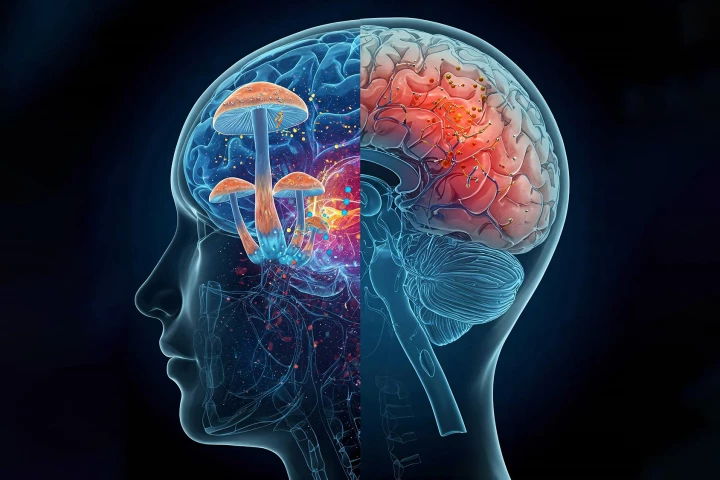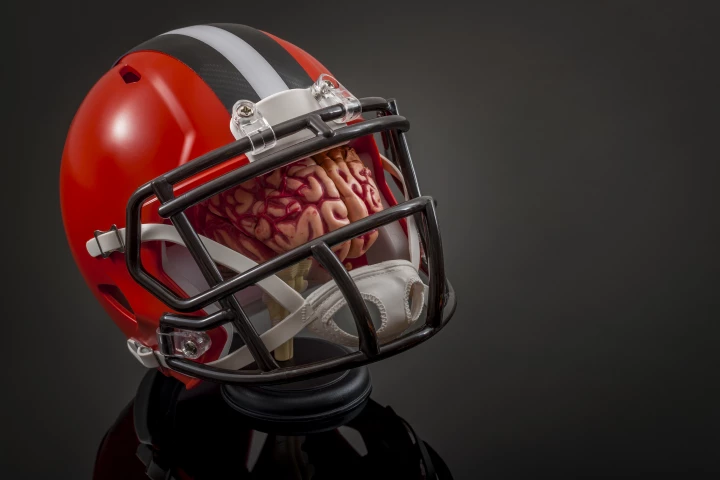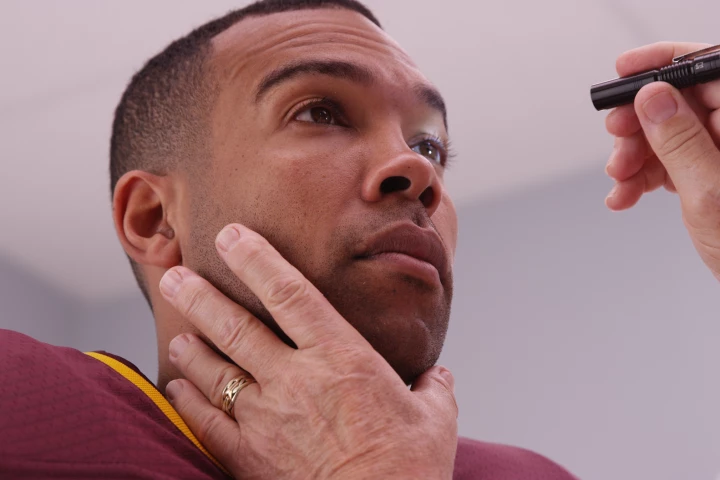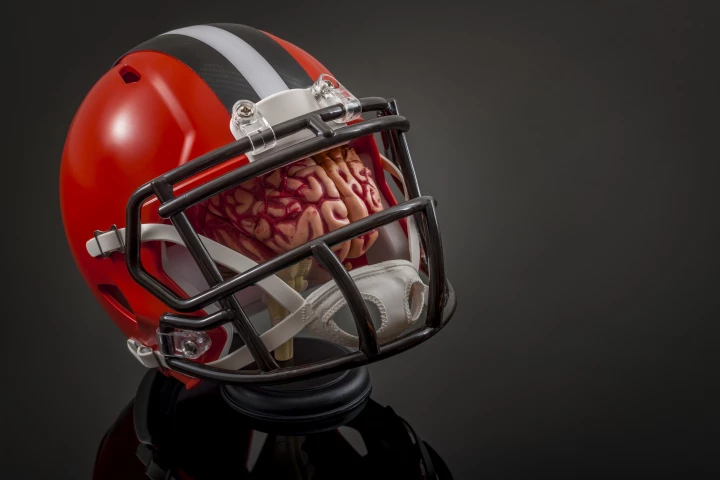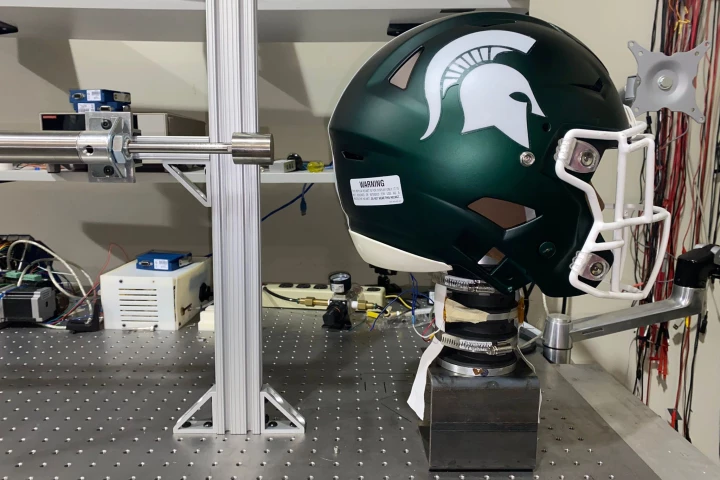Concussions
-
A new study has found that psilocybin, the psychedelic ingredient in magic mushrooms, could be an effective treatment for repeated mild concussions because of its brain-healing properties. It could be the first medical treatment for the condition.
-
A new study has found that a kid who has suffered a concussion – even a mild one – is 15% less likely to go on to higher education in adulthood. It highlights the long-term impact of traumatic brain injury on learning, regardless of severity.
-
New research found that even an old mild concussion can have long-lasting effects in otherwise healthy people. The study adds to a growing understanding of traumatic brain injury and is relevant to the evolving legal landscape around brain injuries in sports.
-
Researchers have developed a new, lightweight foam made from carbon nanotubes that, when used as a helmet liner, absorbed the kinetic energy caused by an impact almost 30 times better than liners currently used in US military helmets.
-
Researchers have developed a handheld device that shines a safe laser into the eye to detect biomarkers of brain damage following a concussion or other traumatic brain injury, providing rapid, on-site diagnosis at the time of injury.
-
Researchers have found a way to determine whether someone has suffered a concussion by measuring the blood levels of three biomarkers within six hours of the injury. The blood test could be used alongside existing tests for a more accurate diagnosis.
-
After an athlete has suffered a concussion, it's important that they wait until the injury has healed before returning to the playing field. A new headset is designed to let them know when it's safe to do so, by monitoring their "headpulse."
-
One of the dangerous things about sports-related concussions is the fact that athletes may not realize they have one, so they don't seek medical attention. A new sensor could let them know, and it would go on their neck, not their head.
-
Repeated knocks to the head are known to carry increased risks to our neurological health, but a new study has sought to fill in important details around what they might mean for the skull, finding they lead to robust increases in bone thickness.
-
Scientists may have unearthed a valuable new tool to study brain injuries, in the form of headbutting animals such as bighorn sheep and muskoxen, in which they've discovered hallmarks of head trauma for the very first time.
-
Scientists at the Houston Methodist Research Institute studying brain impacts have turned to the communities of bacteria in the gut, where they've found that changes following a concussion could be used to reveal the state of recovery.
-
Researchers have shown in mice how a heightened sense of alert among immune cells may drive some of the long-term consequences to cognitive function after concussion, and opened up new possibilities around therapies for human sufferers.
Load More
